Today is the 75th anniversary of the German capture of 35th Battery in Sevastopol. Battery was to a greater or lesser extant the end of organized resistance to the German/Romanian attacking force. It took the Germans and their Romanian allies 9 months to take Sevastopol.
The Germans turned the Romanians loose on the remnants of Battery defenders, the Romanians generally not coming off well in any engagement they had with the Russian defenders of Sevastopol, but then in general for 8 months the Germans faired no better. We will never know how many died that day but we do know several thousands swam out in the Black Sea to wait promised ships that never came. All perished, those who managed to return to land were shot at water's edge by the Romanians. It did not take long for the Russians to understand that once the initial group of prisoners was taken away by the Germans the Romanians simply shot anyone attempting to surrender. It became a fight to the death for a week, mainly in the underground passages and tunnels below Battery but also in the various trenches and redoubts that survived the intense 6 month German barrage. At that time 35th Battery lands were quite large. Sadly, today the remaining grounds are 5 hectares it that.
It is on this day, 03 July, every year, we bury those we have found on Battery lands in the year. Today it was 93 put to rest, men and women. We ID'd three this time. Two families attended, one from Saratov and one from Orenburg. The third family lives in Ukraine and could not attend although they were very quietly and personally contacted and given the sad news. When family can be located of those we can ID, Battery gives them the choice of coming to Sevastopol, all expenses paid by Battery, and attending the burial ceremony or the remains will be returned to the family, again all expenses and transport paid by Battery Museum including burial with full military honors.
Some photos of the burial ceremony are attached, and a verbatim transcript of two veteran ladies I interviewed two months ago in research of my current writing effort. The names used in the narrative are of course false.
“My husband and I met two months before the Germans came to our city. I was in Army Nurse School and he was in the Navy Academy, both of us in Sevastopol and both of us with eighteen years. Soleena was in the school with me. When the Germans and their Romanians came we had not a full day’s notice from our commanders. My husband and his entire class were given two hours training with old rifles, given five cartridges for each and sent to the line to defend Sevastopol. They had nothing else, no grenades, no radios, no helmets, nothing but them in their Navy students uniforms and their teachers from the Academy. By the end of the first day half of them were dead but they stopped the Romanians who attacked them. By the end of the second day half of the remaining boys were dead and half of we student nurses were dead. You see, we fought beside our boys in addition to treating our wounded with what little we had to work with. By the end of the fourth day almost all of our comrades, his and mine, were dead. My husband had three school boys with him and only Soleena and I were alive from our Nurse School. We went on our own to the center of city and there we were taken in to a unit that was going in to the tunnels under City Center and that is where we fought them from for the next three years. In that time we dug many more tunnels and rooms under the city and we often went to 35th and 30th Batteries to meet with and help the partizans in the tunnels under the batteries. The Germans never found us and never knew where we came from or how we communicated. Two of the tunnels went to Balaklava on the coast and one from there went to Fiolent right next to your ///////////////////. There are more now, many more. They are all on the maps.”
“My husband, one of his comrades, Soleena and I were the only ones left alive from our two schools when the Germans were forced out. We and many of our comrades did not greet the victorious Soviet soldiers, we stayed underground for months to see what would happen. It was as we expected. Less than a week after the German rear guard was forced out of Sevastopol at terrible cost the Soviets began to take all the Tatari and Greeks and send them to the east, it was years before we found where they were. Soleena and I with some of our comrades took as many Tatari and Greeks as we could and hid them in the very deepest parts of the tunnels near Balaklava. We kept them down there for over a year and they only came out in small groups after the war was over and Sevastopol was being rebuilt.”
Both of these ladies have Hero of Soviet Union.
Auslander
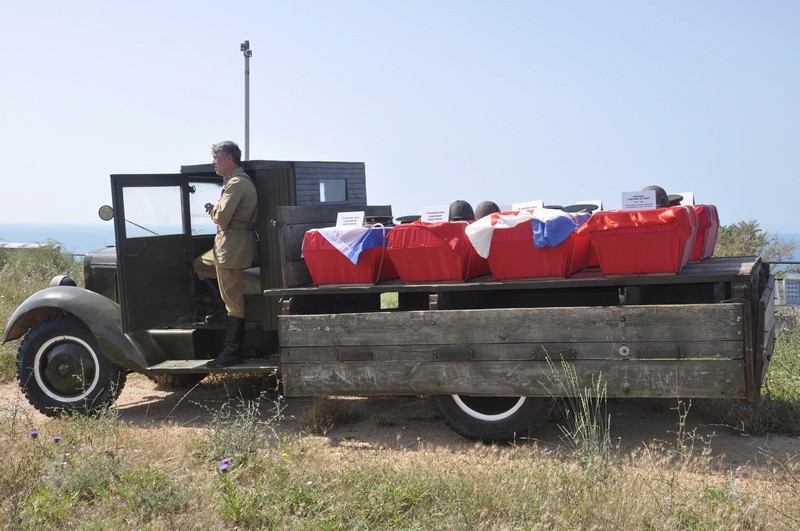
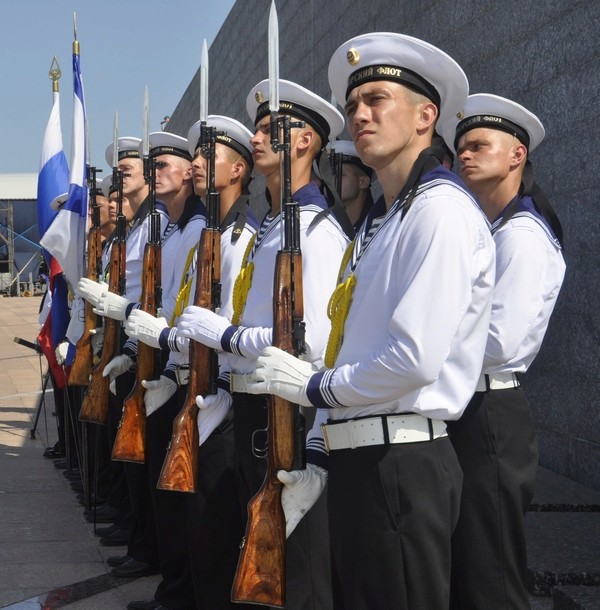


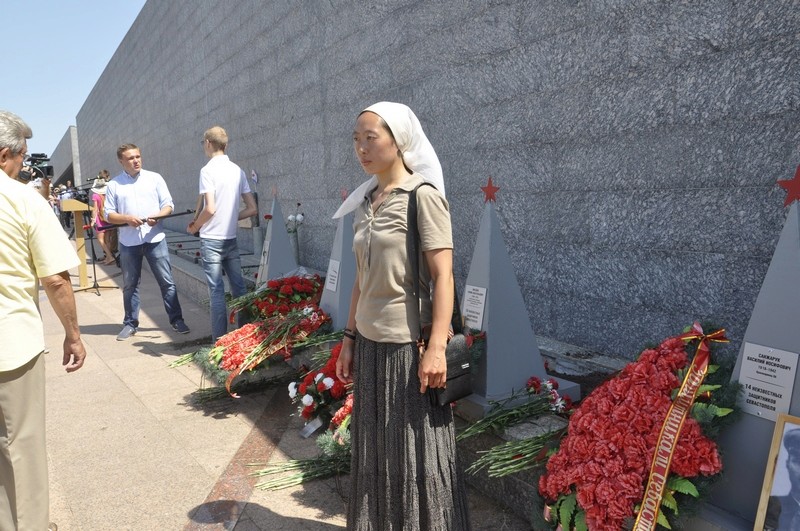
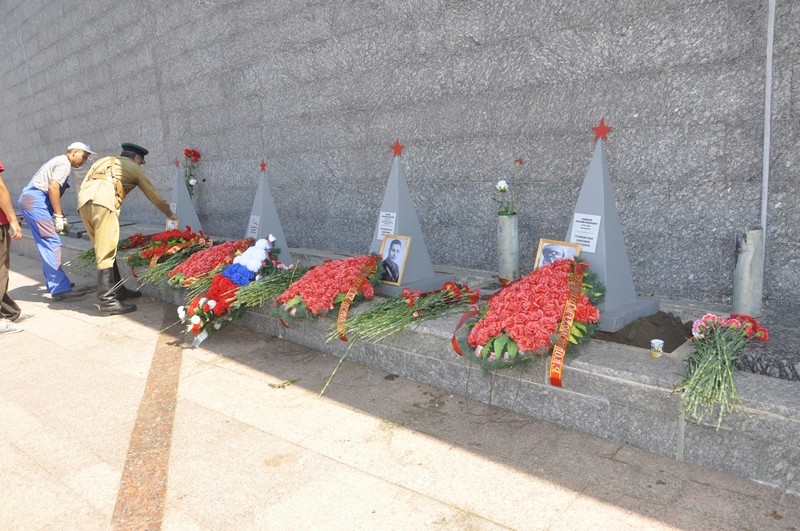

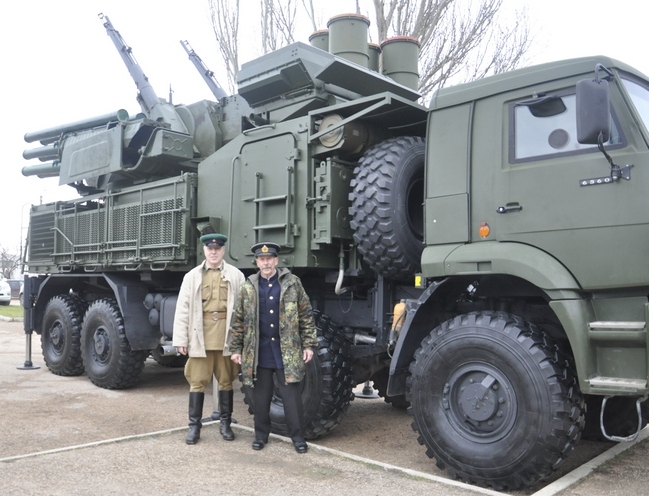










 JohninMK
JohninMK